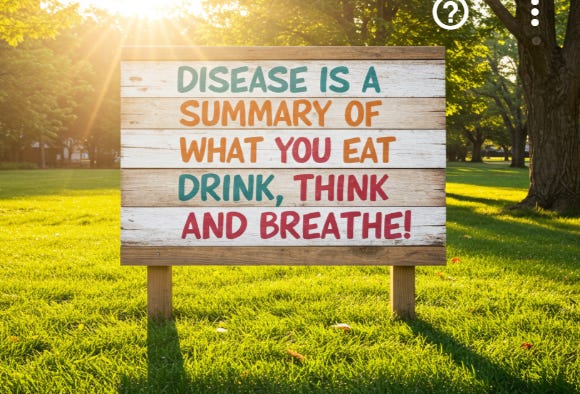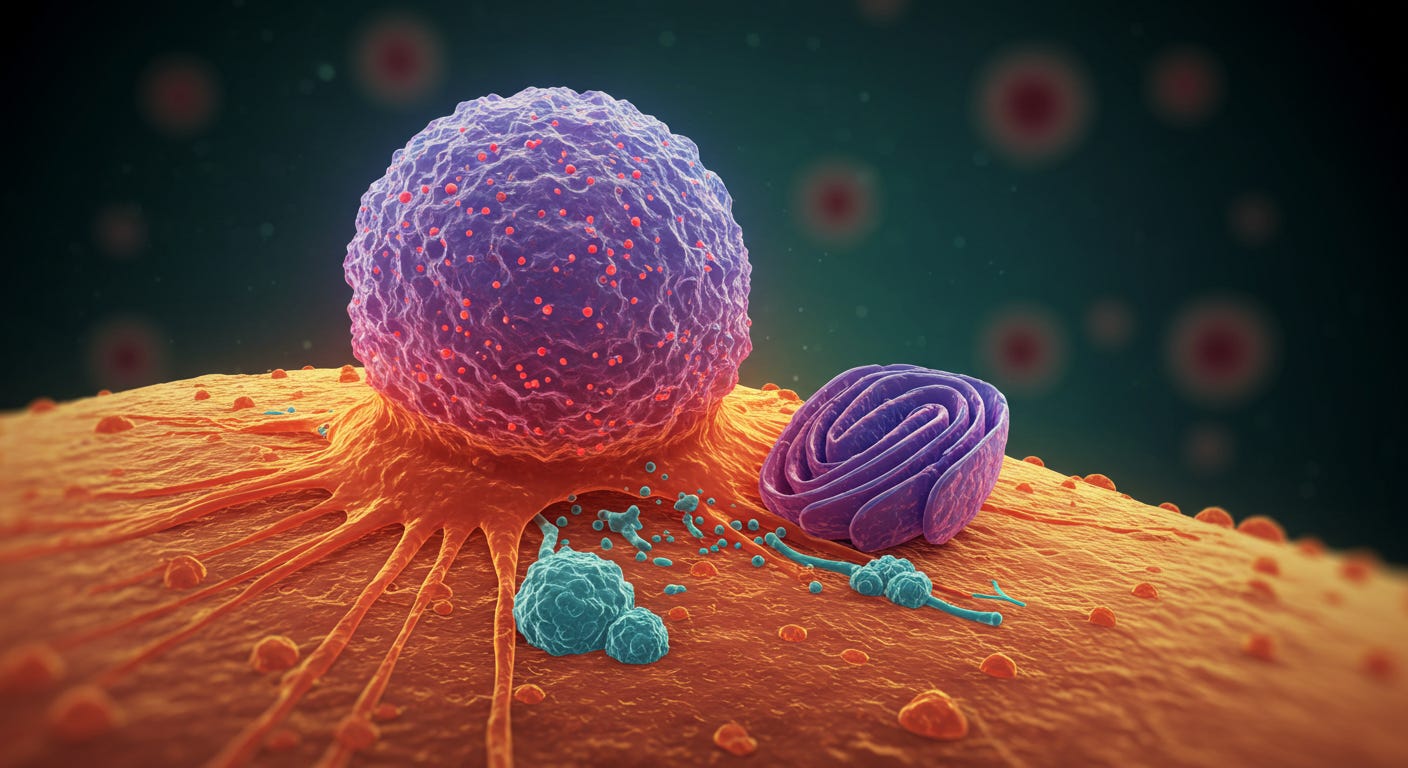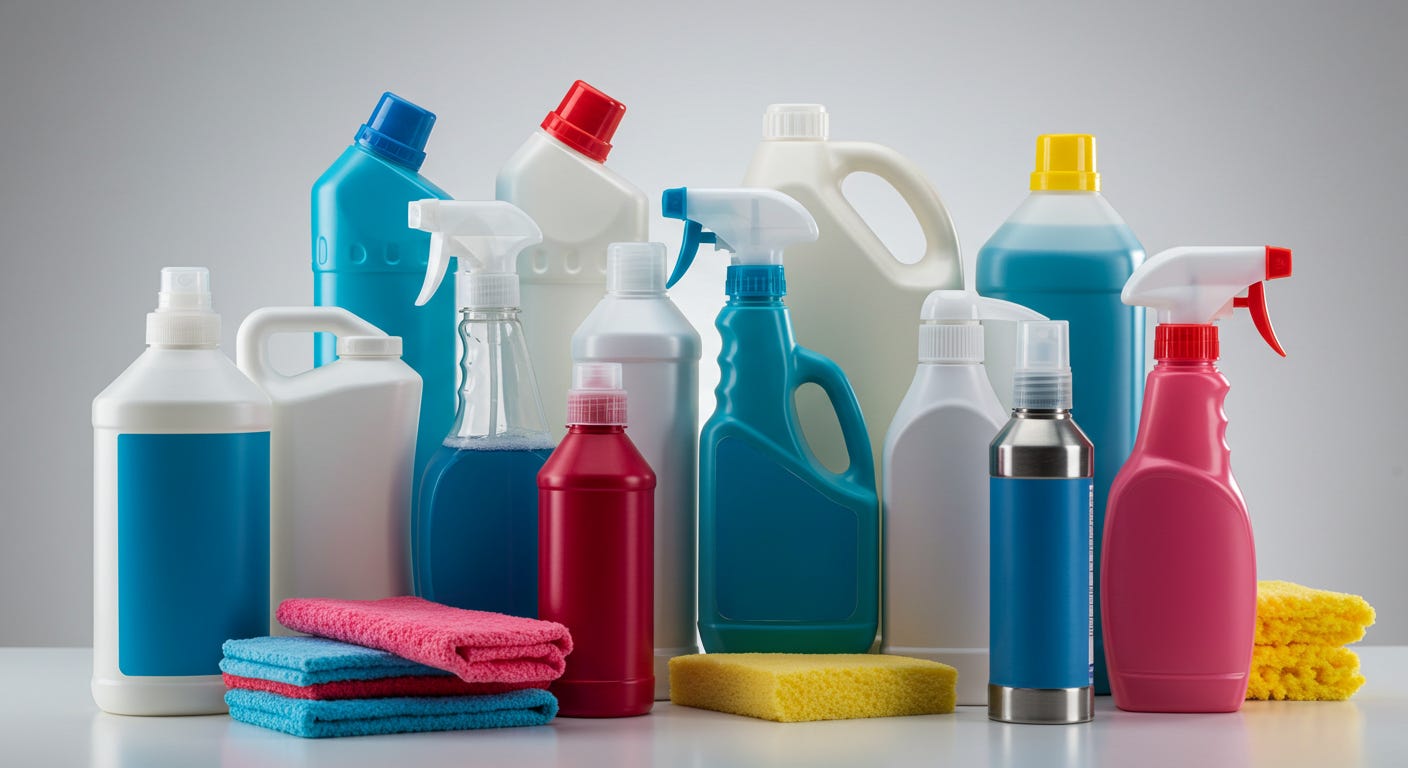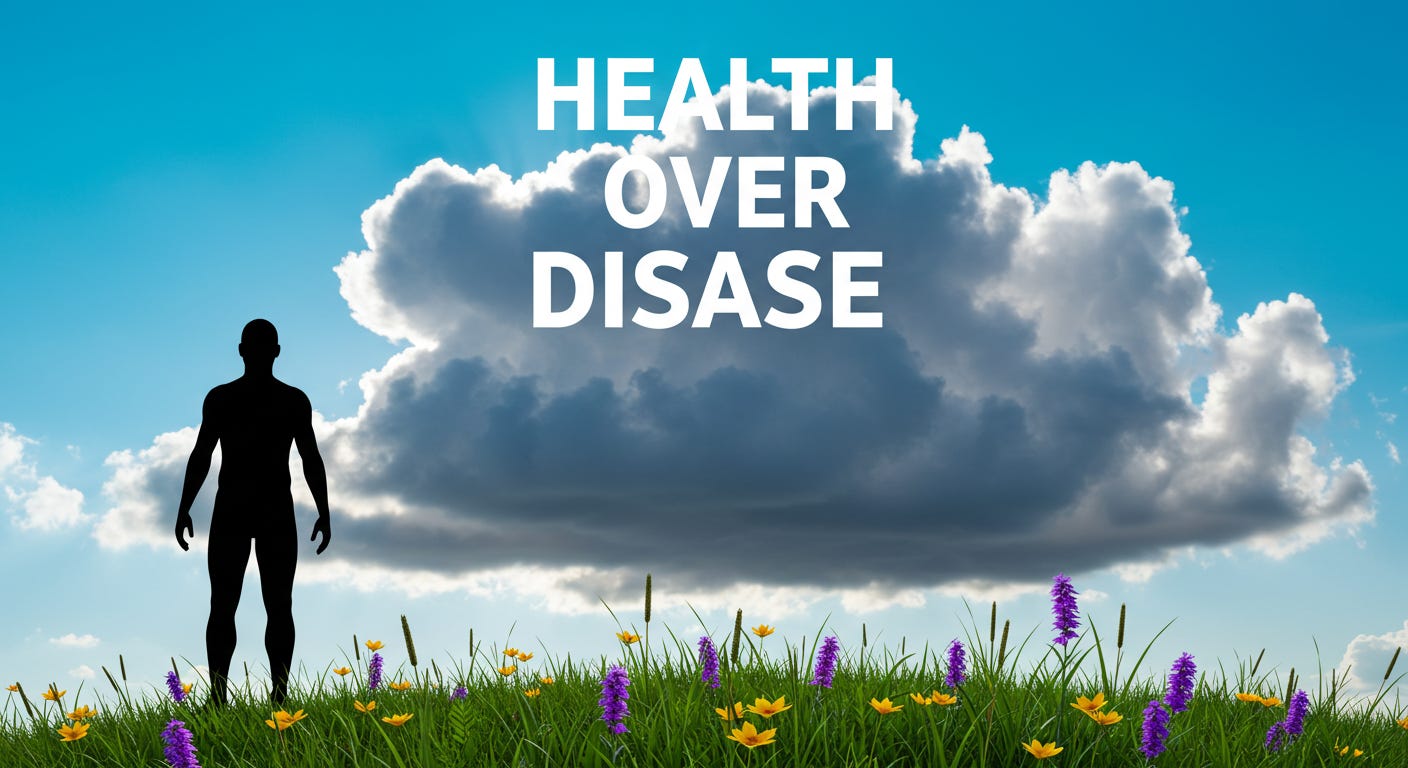Society has largely been indoctrinated to believe that chemical medicine holds the ultimate solution to health problems. But while pharmaceuticals undeniably excel at combating infections caused by bacteria and viruses, their effectiveness falters badly when confronting chronic diseases. These medications simply mask symptoms, while failing to address root causes. That means millions keep feeling chronically unwell, despite receiving ongoing treatment.
Medical Care
Most people don't really understand what being healthy means. They take pills for their ills, but instead of a cure their symptoms only ease for a while. At the same time, they keep eating too many junk foods, and fail to exercise. The combination is like burning a candle at both ends, exacerbating health issues.
While the logical approach is to educate the public on this fallacy, soft headed experts argue that blaming lifestyle for poor health outcomes oversimplifies the situation. They emphasize the influence of factors like genetics, socioeconomic status, and mental health as more important. However, acknowledging these complexities doesn’t negate the established link between lifestyle choices and health outcomes.
Yet as you head into the sick-care system, lo and behold, you’re told that you’re indeed the cause of your condition. This magically differs from how we examine lifestyle because you’re now in a money making system that applies deceptive medical terms and assigns increasingly invented diseases that refuse to be diagnosed with tests.
Much of this is professional baloney that leads to a lot of unnecessary treatments and preventable errors that kill approximately 100,000 Americans annually. Doctors may also promote new medications, not because they have your best interests at heart, but due to receiving payments for them.
So you’ll frequently hear about exciting new pharmaceutical advancements, even though many can lead to dependency and potential harm. However, you rarely hear about the importance of maintaining a healthy lifestyle, because that doesn't generate profit. Unfortunately, our healthcare system often cares more about making money than helping people achieve real health and well-being; a point clearly proven by rising rates of diseases.
Disease Is Exploding
In 1900, U.S. cancer rates accounted for around 3% of all deaths. By the 1950s, approximately 1 in 5 Americans developed the disease and by the 2020s, statistics showed 1 in 2 men and 1 in 3 women were at risk.
Heart disease was also uncommon at the beginning of the 20th century, but by 1950 it has become the most common cause of death. After peaking in the mid-1960s, the number of heart disease deaths began a marked decline that has persisted to the present, likely due to a reduction in risk factors like smoking, medications and surgical procedures.
While this looks positive, it also shows that we’re increasingly medicated, while suffering from pharmaceutical health complications. Obesity is a perfect example. Instead of a healthy lifestyle, weight reducing medications are now designed to mimic the effects of the GLP-1 hormone, which dampen appetite, glucose metabolism, and insulin secretion.
Perfect, a solution in a pill, you say! However, these drugs carry some hefty potential gastrointestinal side effects, with more serious risks of acute pancreatitis, gallbladder disease, kidney problems, and thyroid tumors.
This, we are led to believe, is medicinal progress. Take a pill and enjoy weight loss, while ignoring catastrophic side effects.
The Toxic Burden of Modern Life
The sheer number of toxic chemicals in our environment is staggering. They appear in our air, the foods we eat, personal care products like lotions and shampoos, household cleaners, and even paints and furniture.
Over time, these chemicals can accumulate in our bodies, potentially leading to health issues such as allergies, respiratory problems, or other chronic conditions. Unfortunately, the modern solution is to blindly pepper their effects with toxic medications that create even more complications.
And just like fish thrive in clean water, we also need healthy living environments to feel our best! Those who get more sunshine and fresh air than stuffy environments with artificial lighting, are less exposed to harmful chemicals.
To reduce our toxic burden, we can take some simple steps. First, choose natural and organic products for food and cleaning. Improve the air quality in your home by keeping windows open. Limit plastic use by opting for glass or stainless steel containers, especially for food. Be aware of what’s in the products you buy and look for safer options. Eat more fresh fruits and vegetables, especially from local farms and markets, while avoiding processed foods.
Dietary Guidelines
Another obstacle to good health are the Dietary Guidelines for Americans (DGA), which from the very first edition published in 1980, were supposed to promote health and prevent chronic disease.
How’s that going? Gary Taubes from “Unsettled Science” says at their inception, some 13 to 14% of American adults were obese and two percent of the population suffered with diabetes. Now, with the 10th edition on the horizon, over 40% of American adults are obese, and 8% have been diagnosed with diabetes. Coincidence? Perhaps. But as Americans have become less healthy than ever, the DGA remains stuck in nutritional limbo.
What started as advice to eat healthier has become a plant-based nightmare. The DGA supposes that saturated fats from animal-sourced foods are not only the dietary cause of heart disease but untimely of death, and should therefore be limited.
Here’s the problem with this suggestion. Once you compare meats and high-fat dairy to be in the same evil category as sweets and sugary beverages, then the de facto dietary choice becomes carbohydrates. If you take something out, you naturally have to put something else in, and so we're told to consume more (let’s be honest) refined grain products, prioritize vegetable oils over traditional fat sources, and switch from animal sources (meat, poultry, eggs) to more plant-based protein (beans, peas, and legumes).
But as the nation has gotten ever fatter and increasingly diseased, we have to ask the question, “What if the DGA advice itself is the problem?” Wouldn’t it be wise to get back to avoiding industrialized, processed carbohydrates—sugars and processed grains, while getting back to core elements such as unprocessed meats, high-fat dairy, fruits, vegetables, whole (unprocessed) grains and healthy fats?
While we’re at it, would it also make sense to decouple from big food interests that value income over good consumer health, and get back to credible scientific research, instead of outdated or inaccurate recommendations?
Prioritizing Health
Preventing disease gets down to understanding the difference between addressing cause and managing symptoms. The human body requires a delicate balance of approximately 40 essential nutrients (with some experts suggesting over 100). That should tell us the path to good health isn't paved with prescriptions, and it answers why doctors can’t cure diseases.
True healing requires a comprehensive approach that encompasses nutrition, environmental awareness, exercise, fresh air, sunshine and proper sleep. By prioritizing health-promoting actions, we may discover that true “disease prevention” lies hidden within the simplest and most natural aspects of life.
Your presence here is greatly valued, and that’s why all our articles are free on this site. But if you've found the content beneficial, please consider supporting it through a cost-effective paid subscription. This plays a vital role in covering operational costs and supports the continuation of this independent, unbiased research and journalism work. Thanks so much!
If shy about commitments, feel free to leave a one-time tip!










